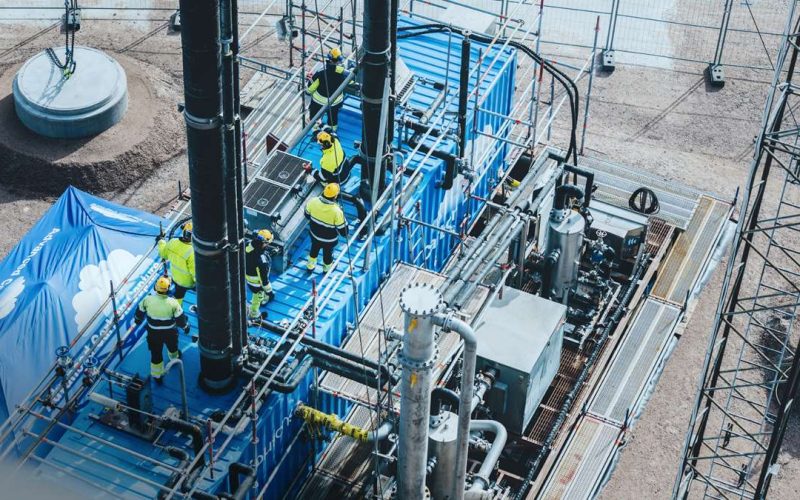In a bold move to combat climate change, the Netherlands has emerged as a pioneer in kick-starting European efforts toward carbon capture and storage (CCS). With the climate crisis escalating and international pressure mounting, the Dutch government’s initiative marks a crucial step forward in the global fight against greenhouse gas emissions.
Breaking Ground:

The Netherlands, a low-lying nation particularly vulnerable to the effects of climate change, has long been at the forefront of innovative environmental policies. However, its latest endeavor signals a monumental shift towards tangible action.
The Dutch government’s ambitious plan involves the establishment of several large-scale CCS projects across the country, with the aim of capturing and storing carbon dioxide emissions generated by industries such as manufacturing, energy production, and transportation.
Technological Innovation:
Central to the success of these initiatives is the integration of cutting-edge technologies designed to capture CO2 emissions at their source, thereby preventing them from entering the atmosphere and exacerbating global warming. These technologies include carbon capture systems installed in industrial facilities, as well as advancements in transportation and storage infrastructure for the captured carbon.
Global Implications:
The Dutch initiative holds significant implications not only for Europe but also for the broader global community. As nations worldwide grapple with the urgent need to reduce greenhouse gas emissions, the Netherlands’ proactive approach sets a precedent for others to follow. By investing in carbon capture technology and infrastructure, countries can mitigate their environmental impact while transitioning towards more sustainable energy sources.
Challenges Ahead:
While the Dutch government’s commitment to carbon capture is commendable, challenges lie ahead in the implementation and scalability of these projects. Financing such large-scale initiatives will require substantial investment, both from public and private sectors. Additionally, ensuring the long-term viability and safety of carbon storage sites remains a priority, necessitating stringent regulations and monitoring protocols.
Environmentalists’ Perspectives:
Environmental activists have welcomed the Netherlands’ move towards carbon capture but emphasize the importance of addressing the root causes of climate change. While CCS technology can help reduce emissions from existing sources, they argue that greater emphasis should be placed on transitioning to renewable energy sources and promoting sustainable practices across industries.
Conclusion:
The Dutch government’s bold commitment to carbon capture represents a significant milestone in the global fight against climate change. By spearheading efforts to develop and implement CCS technologies, the Netherlands is leading by example and demonstrating the crucial role that innovation and collaboration play in building a more sustainable future for generations to come.









